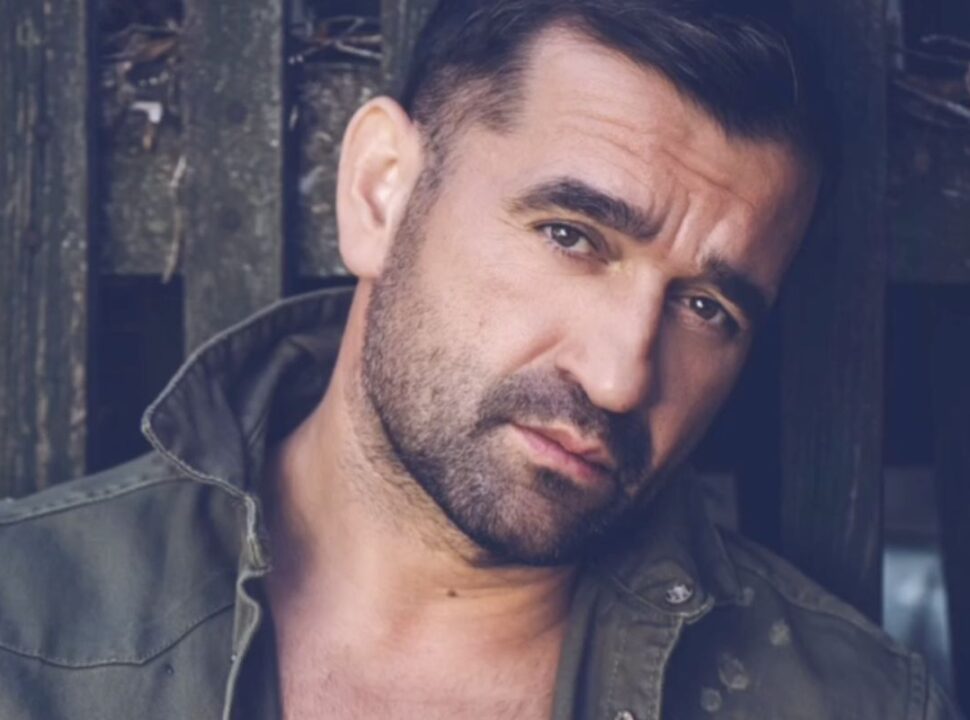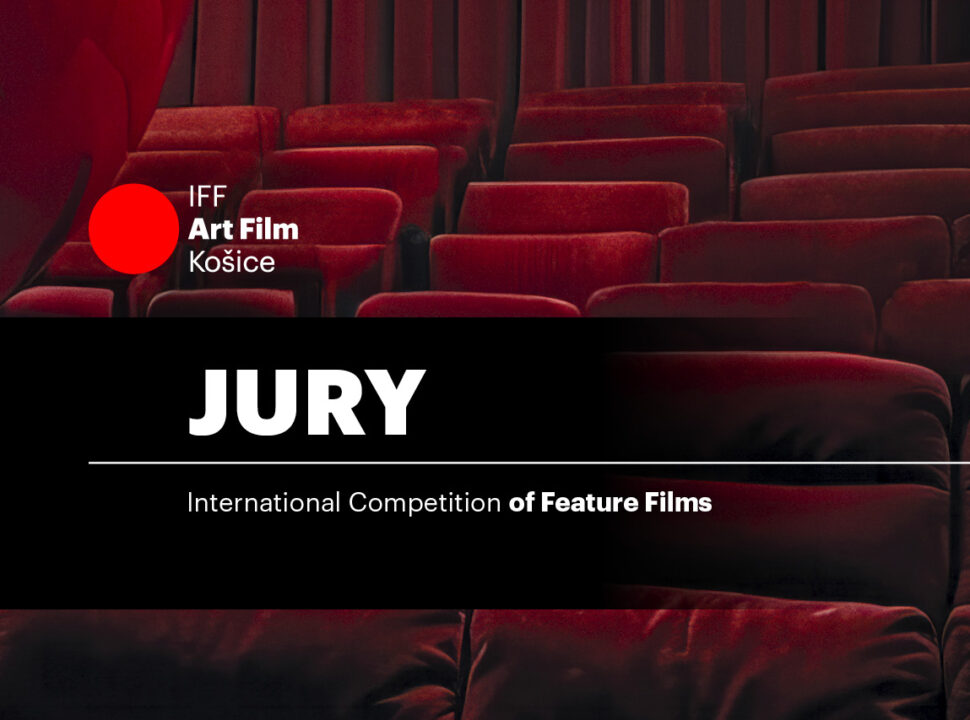“The loveliest compliment I’ve ever received was from David Niven. When we were shooting The Pink Panther, he said: ‘After spaghetti, you’re Italy’s happiest invention.’” Today at Art Film Fest, Claudia Cardinale, the invention in question, will accept the Actor’s Mission Award.
What does an award from Art Film Fest mean to you?
I’ve appeared in 141 films. And I’ve got many awards at home. But I’m looking forward to accepting this award in Trenčianske Teplice. It’s beautiful here, surrounded as we are by nature.
Art Film Fest president Milan Lasica and vice-president Peter Hledík say they remember many a boyhood dream of you. Did you have some idol of your own?
Marlon Brando and Brigitte Bardot. They were in the first films I saw in Tunis. I even went so far as to wear my hair like Brigitte Bardot.
You must have met at some point.
Yes. Later when I was in New York, Marlon Brando knocked on the door of my hotel room, came in, and tried his best to seduce me. But I didn’t give in. The whole time I was telling myself not to succumb to his advances. It wasn’t until he closed the door that I put my head in my hands: Should I have taken the bait? Did I waste an opportunity?
I’m assuming you don’t have a similar story about Brigitte Bardot.
I remember making Frenchie King [Les pétroleuses] with Brigitte Bardot. We were being followed by all the paparazzi at the time, since they saw it as a blonde vs brunette showdown, and they were sure we’d kill each other. But the reality was precisely the opposite. In the last letter Brigitte wrote to me, she addressed me as “Ma chère pétroleuse, que j’aime beaucoup…”
Did you ever see Brigitte Bardot or for that matter Sophia Loren as competition?
Sophia Loren started making films before I did. And at the beginning there was a bit of rivalry between us. But today she calls me “sister”.
What kinds of relationships have you had with directors?
I had the good fortune to start my career when Italian cinema was the best in the world. I worked with great Italian directors: Federico Fellini and Luchino Visconti. They taught me everything. But as directors, they were very different from each other. Making The Leopard with Visconti was like a theatre performance. But making 8½ with Fellini—that was pure improvisation. Like when he sat where Marcello Mastroianni was supposed to sit, and asked me who I love.
Are there still such directors today?
I’d prefer not to compare them. Since 2009 I’ve made films with exclusively debuting directors. I want to help them, you know? The only exception was Manoel de Oliveira, who I made Gebo and the Shadow with two years ago. Now he’s 106.
Have any films other than your own interested you recently?
Caesar Must Die. Italian directors Paolo and Vittorio Taviani shot it in a prison. And it was very interesting to see inmates act in a film. [Note: screened at Art Film Fest 2012]
Why is it that you keep making films?
Most people only live once. But I’ve lived 141 lives. So that’s why.
And how many more would you like to live?
This year I’ll be filming in Rome; I’ve always got something to keep me busy. I’ll leave it to fate to decide how many more films I appear in.
What does a good actor need to have?
If you want to practise this craft, you have to have inner strength. Otherwise, you’ll lose your idea of who you are. Every film I make entails becoming a different woman. And in front of a camera, no less! But when I’m finished, I’m me again.
What do you take with you after making a film?
Nothing. In the film it simply isn’t me, but…her.
Autor: Juraj Fellegi



